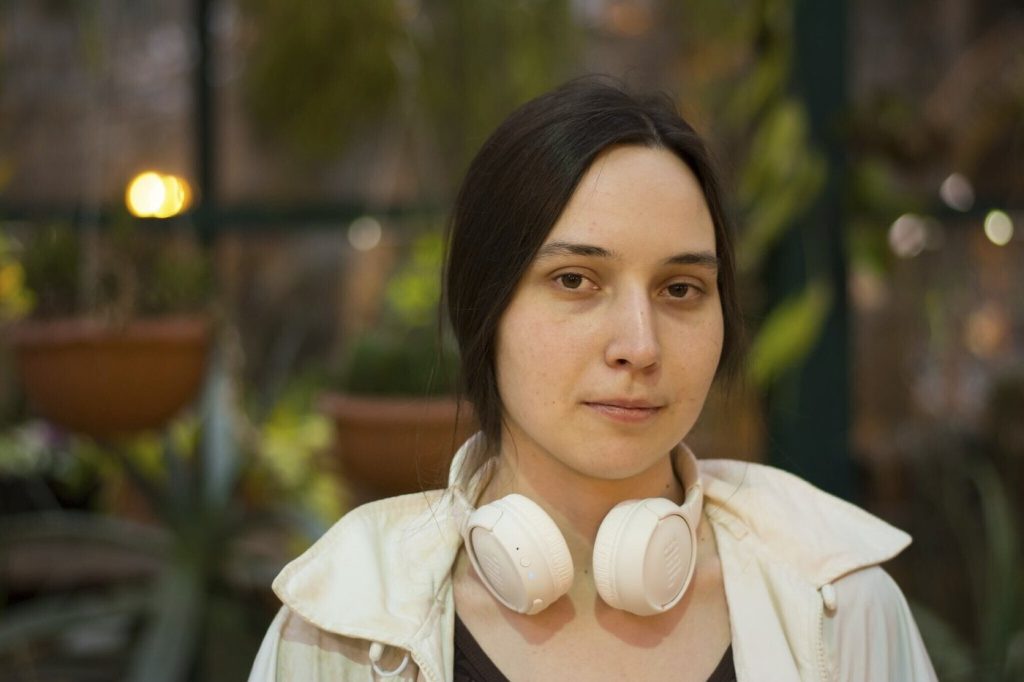BATON ROUGE, La. (AP) Kseniia Petrova, a 30-year-old Russian-born scientist and researcher at Harvard University, finds herself facing severe immigration issues after being detained for 68 days at Boston’s Logan Airport. Petrova was detained while traveling with undeclared frog embryo samples, caught off guard by the legal implications of her actions despite being in the U.S. legally.
Petrova was sent to a U.S. Immigration and Customs Enforcement (ICE) facility in Louisiana, where she is currently awaiting a judge's decision regarding her potential deportation to Russia. Friends and advocates assert that her detention is excessive for what they believe is a mere infraction that typically warrants a fine rather than deportation.
In a video call from the Monroe ICE detention center, Petrova described her difficult living conditions: crowded dormitories, inadequate food, and a lack of privacy. The facility houses 99 women, primarily Latin American immigrants, alongside others who, like Petrova, are puzzled by the rationale for their detention.
During her call, Petrova highlighted the impracticality of her current situation, emphasizing that the food is “absolutely terrible,” lacking in essential nutrients, and detailing the grueling conditions that make daily life challenging due to constant noise and cold dormitories.
The incident that led to her detention began a couple of months prior when Petrova was on vacation in France. She had obtained the frog embryo samples from a specialized lab for research purposes. However, upon her arrival at Logan Airport, she faced scrutiny during a customs checkpoint. Petrova claims she did not realize the need to declare the samples and had no intention of smuggling forbidden materials. Nevertheless, her visa was canceled after an interrogation by federal officers.
The Department of Homeland Security has accused Petrova of lying to federal officers regarding the samples. They assert that her communications indicated a plan to bring the materials into the country without the proper declarations. Leon Peshkin, Petrova’s mentor at Harvard, has defended her actions, explaining that the samples were harmless and suggesting that she should have received a warning or minor fine instead of deportation proceedings.
Petrova’s absence from her research has raised significant concerns within the scientific community. Peshkin noted that she plays a vital role in ongoing investigations into early cell division using frog embryos, stating, “I don’t know how we’re gonna continue without her.” Other colleagues, including Will Trim, a postdoctoral fellow, also communicated the critical nature of her work, reassuring that key research could be jeopardized if she is removed.
The conditions of the detention facility are heightened by the extensive distances from families and legal representation, a common grievance among detainees. Louisiana is known for having multiple immigration detention centers, with Petrova's case highlighting a problematic trend seen in other high-profile immigration cases within the state.
Petrova, who fled Russia to escape political repression following the invasion of Ukraine in February 2022, expresses fear of imprisonment or worse should she be deported. Recently, a Louisiana immigration judge ruled that the federal government’s case against her lacks sufficient legal grounds, urging ICE to provide stronger evidence within a week.
This ongoing saga has attracted considerable attention from the scientific community, igniting discussions about the challenges foreign researchers face when attempting to work in the United States. Peshkin underscored that foreign scientists enhance the American scientific landscape and should not be perceived as a burden. “They are highly skilled experts who are in demand,” he stated, reinforcing the value they bring to U.S. research.











